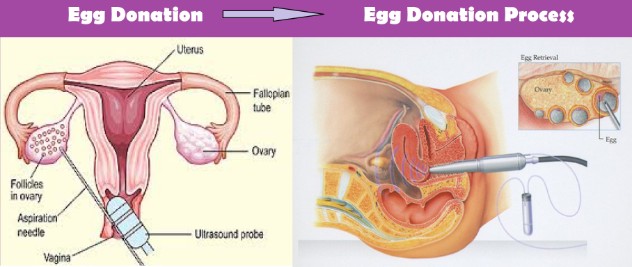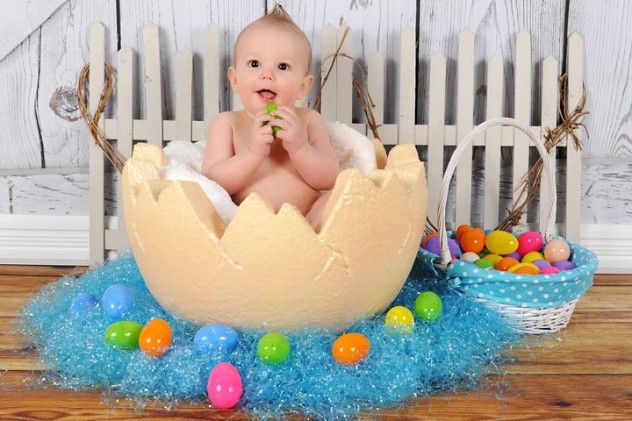![]() The information provided by our expert should not constitute a diagnosis of your condition. Always consult a medical practitioner or healthcare provider for a formal diagnosis. By making use of this content, you agree that ConceiveEasy and the expert assume no liability.
The information provided by our expert should not constitute a diagnosis of your condition. Always consult a medical practitioner or healthcare provider for a formal diagnosis. By making use of this content, you agree that ConceiveEasy and the expert assume no liability.
As many of you probably know, donor eggs are usually one of the last options for a woman to attempt to get pregnant. If you are to the point of considering donor eggs, you have probably run the gamut of fertility treatment options, and are probably a little weary. If you are here to learn a little more about donor eggs, read on to learn more.
Claim Your 20 Free Pregnancy Tests – Click Here
When to consider donor eggs
Donor eggs are usually a viable option for women over forty, or women who have problems with their own eggs. If you are no longer producing healthy eggs or have suffered from early menopause, premature ovarian failure or another disease affecting your egg production, donor eggs might be a wise choice for you.
Advice Needed : Acceptance of egg donor from InfertilityBabies

Find a donor
The very first step in using donor eggs is to find a donor. The donor can be a family member or friend, or you can use an anonymous donor egg. Fertility clinics can help you find a donor egg. You can choose your egg donor based on an extensive array of characteristics, from ethnicity and medical history to educational background and occupation of choice. There are a wide variety of egg donors out there and you can find the one that suits you best.

Donor & mom-to-be get in sync
After choosing the donor, both of you (the donor and the mom to be) will be placed on a drug such as birth control pills or another synthetic hormone. This is because it is very important that both women have their reproductive cycles in sync. She will have to be able to ovulate at a time that your body is able to support the embryo. Once her eggs are mature, doctors will remove them and the process then becomes identical to IVF. In a laboratory, the sperm will be combined with the egg, and will later be inserted into your uterus. You do have around a 40 percent chance of conceiving multiples when using this method.


Take a pregnancy test!
You can take a pregnancy test within about two weeks after having the embryos implanted. Even so, using donor eggs, the success rate of getting pregnant is still only around 50 percent. That might sound like a lot, but when you consider that IVF using donor eggs costs between $20,000 and $30,000, those success rates are really low. However, for women who don’t have many other options, donor eggs can be a great choice, and you really can’t put a price tag on becoming a mom!











Comments